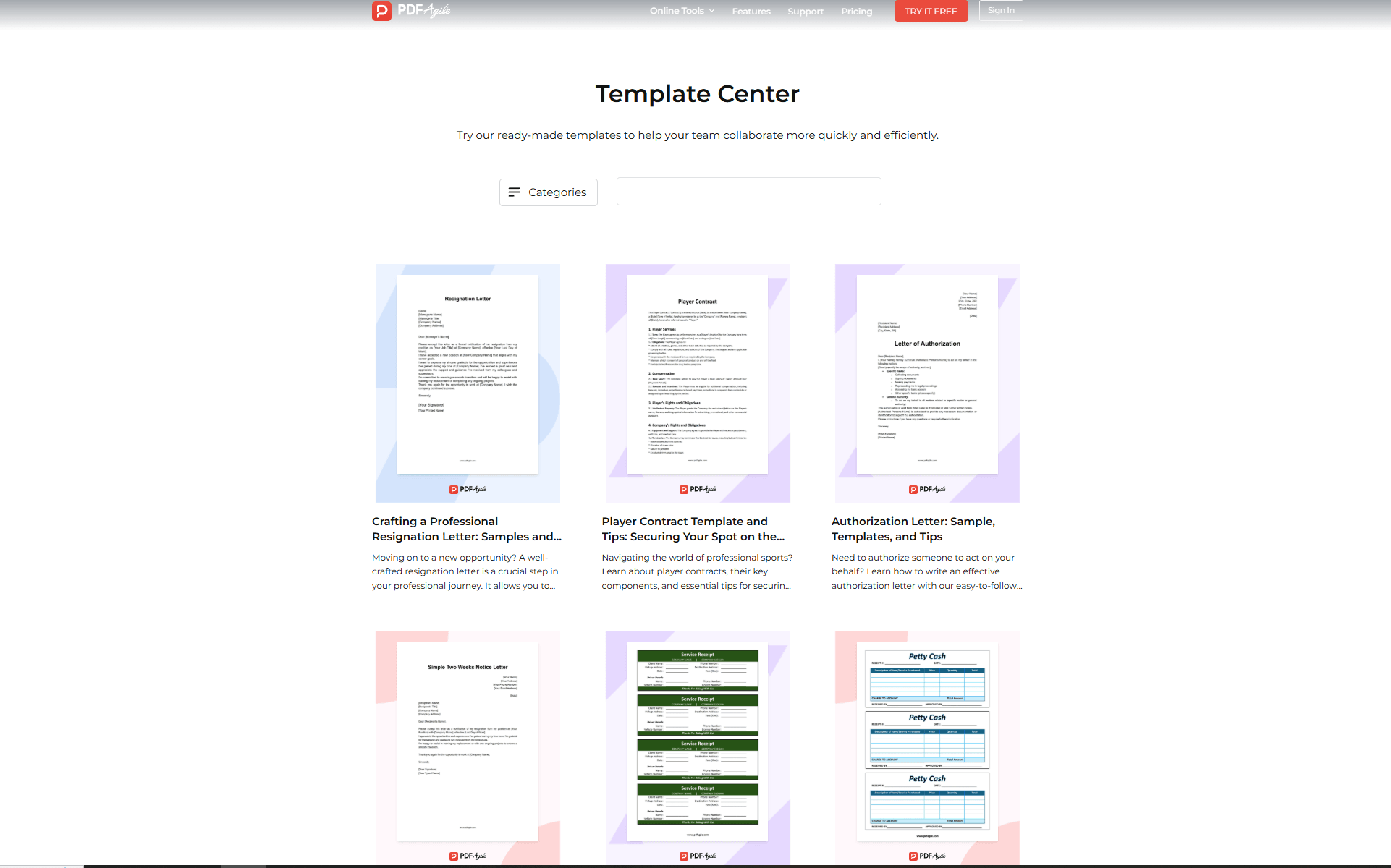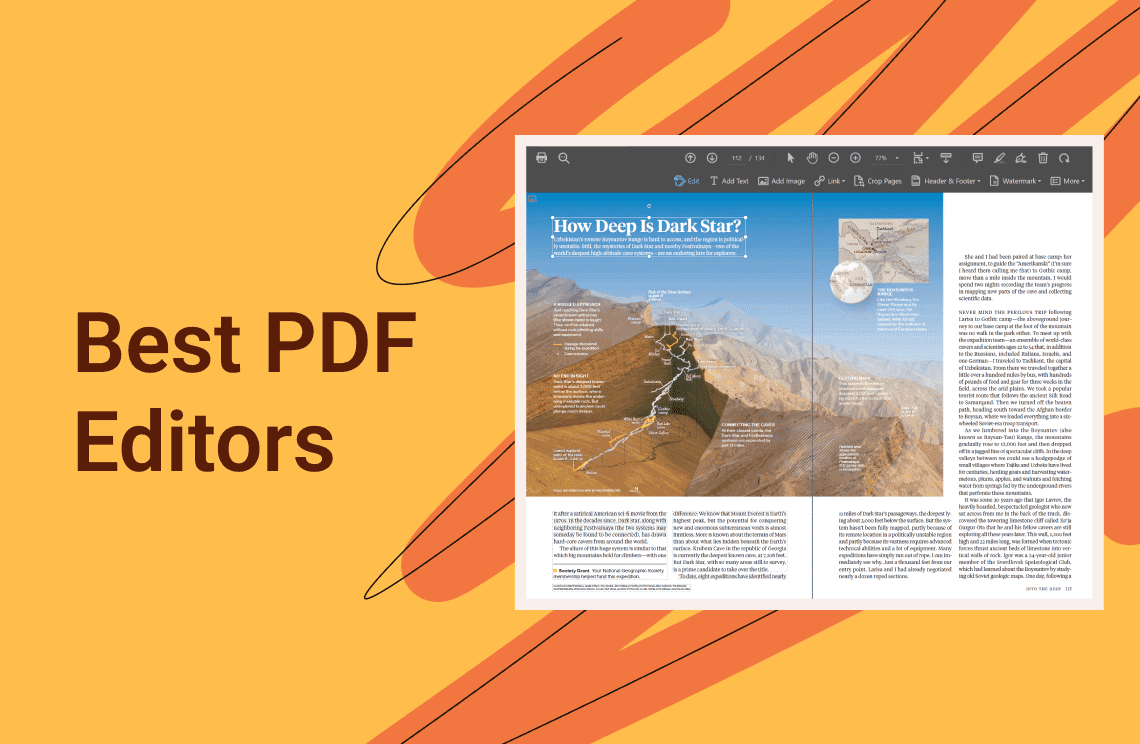As a person moves forward in their academic and professional life, it is only expected that they will go through a wide range of experiences. They will learn new skills and reach many milestones. They may even earn a variety of certifications and accolades. These are momentous achievements and it is very important to keep track of them for future use. For this reason, it is common practice for people to compile them in a document known as the academic curriculum vitae.
What Is an Academic Curriculum Vitae?
More commonly called a CV, an academic curriculum vitae is a lot like a resume. Many mistakenly think they are the same but they are not. A resume is more like a summary of one's skills and positions held that are relevant for applying for a particular job. Brevity is important in a resume so ideally, it should be no longer than one or two pages.

An academic CV, on the other hand, is a complete listing of the person’s accomplishments. The main focus is on academic credentials, papers, research, and other contributions. There is no page limit when it comes to academic CVs. It depends on how much experience one has had, and it is not uncommon to exceed 10 pages for an average professional.
Purposes of Writing an Academic Curriculum Vitae
As one can imagine, the main purposes of an academic CV have to do with education, research, or the professional academe. After all, its contents focus mostly on an individual’s academic achievements, qualifications, and experience. So, what specific situations call for the writing of an academic CV? Here are a few examples.
1. Applying for an Academic Job
If you are in the field of teaching and are applying for a job as a professor, submitting an academic CV is mandatory. This holds even for positions such as assistant or associate professor. For sure, potential employers will take a close look at your experience and skills to see if you qualify for the job.

2. Pursuing Research Opportunities
An academic CV can help open doors for research opportunities. If your CV is particularly impressive, it might put you in a good position to apply for a research grant. A curriculum vitae in research must reflect your expertise in relevant areas. This will make you an attractive candidate for research collaborations with large companies or established experts.
3. Seeking Career Advancement
Even if you are not in the teaching profession, an academic CV might be helpful if you are hoping to make a major step forward in your career. Let’s say you are interested in securing a senior position or getting tenure. Evaluations for such promotions will be positively impacted by key items in your CV.
3. Applying for Doctoral Programs
The application process for doctoral or even graduate programs can be quite stringent. They do not accept just anyone and will meticulously look through each applicant’s qualifications. By including a comprehensive academic CV with your application, you will have a much better chance of acceptance.
4. Establishing Professional Reputation
Whether you're attending a conference as a guest speaker, participating in peer reviews, or submitting a paper for publication, it's essential to establish yourself as an expert in your field. One of the best ways to do this is by submitting a comprehensive academic CV. Unlike a resume, which offers a brief overview, an academic CV provides a detailed account of your qualifications, research, teaching experience, and accomplishments. This thorough presentation of your expertise and professional background not only enhances your credibility but also positions you as a respected authority, helping to further advance your career in academia.
5. Keeping a Document of Academic Achievements
Writing an academic curriculum vitae and keeping it updated is not always for external purposes. Many people have this record for their own personal documentation. After all, you’ve worked hard for all of these accolades. Why not keep them organized in a formal document? It’s also a good idea to have an updated CV on hand because you never know when you might need it.
Components of an Academic Curriculum Vitae
Writing an academic CV can be a daunting task, particularly if it's your first time creating one. It requires careful thought, attention to detail, and strategic planning. An academic CV must highlight your educational background, research, publications, teaching experience, and professional accomplishments in a clear and concise manner. The pressure of crafting a well-structured CV is significant, as it plays a crucial role in your professional future. A well-crafted academic CV can open doors to research opportunities, faculty positions, and collaborations. It's essential to dedicate ample time to ensure every section accurately reflects your qualifications and achievements.
It’s a good thing then that you don’t necessarily have to create it from scratch. Thanks to the internet, you can easily find online CV templates that you can use as a foundation for your writing. There are even some websites that would generate a complete CV for you.
Regardless of how you decide to go about writing your CV, you have to make sure that it includes the following key components, which must always be present.
Heading
This includes basic personal data about you, such as your name, address, phone number, and email address. If you have a professional website or a LinkedIn profile, as many career people do now, you can include them here as well.
Education
This is a record of your education history, beginning from the most recent. For each entry, indicate the name and address of the university, as well as the period during which you earned the degree. If you have multiple degrees or specialized training, be sure to include those as well.
There is no need to include your secondary education and prior years in your CV, unless you are still in high school or have not yet completed your college education.
Research Experience
Research is an integral part of one’s academic portfolio, so all your relevant experience in this area must be included in your CV. Whether you did the research as a student or as a working professional, make sure to list it with all the pertinent details. You can also list important highlights of the research in brief bullet points.
These are the core components of an academic CV but you can also add several optional sections if they are applicable. For instance, a section on Teaching Experience is a must if you are or have been employed in a teaching position. If you have journal articles that have been published or presented, these should be listed in their own section as well.
Other potentially helpful components that you can add are research interests, honors & awards, grants & funding, professional affiliations, and relevant public service. Finally, finish your CV with a References section, where you can list reputable individuals who can vouch for your qualifications and work ethic. Make sure everyone you include in this list has given their consent.
Sample Academic Curriculum Vitae
[Your Full Name]
[Your Address] | [City, State, ZIP]
[Your Email Address] | [Your Phone Number] | [Your LinkedIn Profile]
[Personal/Research Website]
EDUCATION
Ph.D. in [Your Field]
[University Name], [City, State] | [Month, Year] – [Month, Year or Present]
- Dissertation: [Dissertation Title]
- Advisor: [Advisor's Name]
Master of [Your Field]
[University Name], [City, State] | [Month, Year] – [Month, Year]
- Thesis: [Thesis Title]
Bachelor of [Your Field or Degree]
[University Name], [City, State] | [Month, Year] – [Month, Year]
- Honors: [Honors/Awards, if applicable]
RESEARCH EXPERIENCE
Postdoctoral Fellow
[University/Institution Name], [City, State] | [Month, Year] – [Month, Year]
- Conducted research on [Topic] using [Methods/Tools].
- Collaborated with [Lab/Research Group] on [Project/Area].
- Published findings in [Journal/Conference].
Graduate Research Assistant
[University Name], [City, State] | [Month, Year] – [Month, Year]
- Investigated [Research Area] under the supervision of [Advisor].
- Authored/co-authored [#] peer-reviewed articles.
- Presented at [Conference Names].
TEACHING EXPERIENCE
Adjunct Lecturer
[University Name], [City, State] | [Month, Year] – [Month, Year]
- Designed and taught undergraduate courses in [Subjects].
- Created and evaluated exams, assignments, and labs.
- Supervised student projects and mentored undergraduates.
Teaching Assistant
[University Name], [City, State] | [Month, Year] – [Month, Year]
- Assisted in teaching [Course Name].
- Held weekly office hours and led discussion sections.
- Provided feedback on assignments and exams.
PUBLICATIONS
Peer-Reviewed Journal Articles
- [Author(s)], "[Article Title]," [Journal Name], [Volume(Issue)], [Year], [Page Numbers].
- [Author(s)], "[Article Title]," [Journal Name], [Volume(Issue)], [Year], [Page Numbers].
Conference Proceedings
- [Author(s)], "[Paper Title]," Proceedings of [Conference Name], [Location], [Year].
GRANTS AND FUNDING
- Principal Investigator, [Grant Name], [Funding Organization], $[Amount], [Year] – [Year].
- Co-Investigator, [Grant Name], [Funding Organization], $[Amount], [Year] – [Year].
AWARDS AND HONORS
- [Award Name], [Organization], [Year].
- [Scholarship/Fellowship], [Institution/Organization], [Year].
PROFESSIONAL AFFILIATIONS
- Member, [Organization Name], [Year] – Present.
- Chair, [Committee/Group], [Organization Name], [Year] – [Year].
SERVICE
University Service
- Member, [Committee Name], [Year] – [Year].
- Organizer, [Event/Workshop Name], [Year].
Community Outreach
- Volunteer, [Organization/Program Name], [Year] – [Year].
SKILLS
- Research Tools: [e.g., MATLAB, R, Python, SPSS].
- Technical Skills: [e.g., Machine Learning, Statistical Analysis, Laboratory Techniques].
- Languages: [e.g., English (Fluent), French (Intermediate)].
REFERENCES
Available upon request.
Conclusion
Crafting an academic curriculum vitae is a crucial step in documenting and showcasing your academic and professional achievements. Whether you are applying for an academic job, pursuing research opportunities, seeking career advancement, or establishing your professional reputation, a well-structured academic CV can open doors to numerous opportunities.
For those looking to create or update their academic CV, consider visiting the PDF Agile Template Center. Our professional website offers a variety of free templates that you can download and utilize to ensure your CV is polished and effective. Take advantage of these resources to enhance your academic and professional journey.






